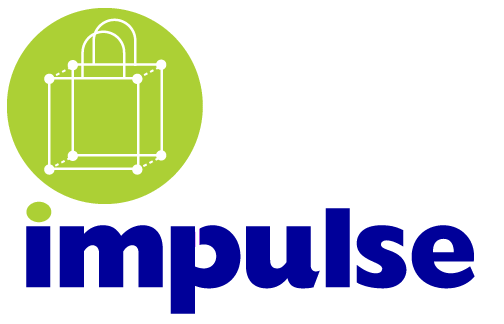
PDF Presentation
In this research project we explore a scenario in which e-commerce meets "brick-and-mortar" commerce through a system of buying and selling agents (representing individual consumers and retailers respectively) that engage in multi-parameter negotiation and run on wireless mobile devices. Agents representing well-informed consumers and participating merchants meet one to one on equal footing to seek agreement on the terms of a consumer purchase.
Although net-based product information helps consumers make educated buying decisions from their homes and offices, consumers lack the resources to perform comparison shopping activities at the point of purchase. The consumer’s personal digital assistant (PDA) can serve this immediate need, finding web-based product reviews and alternative offerings. In this setting, the consumer may direct the PDA to begin a negotiation with the present store (and others including online stores) or simply add the product to a "want list" to enable ongoing negotiations and a later purchase, perhaps from another brick-and-mortar or online store.
At any time, the consumer may add items such as a small electronic device, book or CD recording to the "want list", noting preferences such as warranty terms, merchant reputation, availability, time limit for the purchase, and preferred price. As the consumer visits business districts, individual stores and shopping malls, the PDA will engage nearby merchants in a silent exchange seeking the items on the "want list" and opening negotiations on the terms of the sale, alerting its owner if a deal is reached.
Behind the scenes, the merchants’ agents negotiate sales terms, considering such factors as loyalty, probability of an immediate sale, and the age and shelf-life of goods on hand, following guidelines set by the merchant. Through the negotiation process leading up to a successful or lost sale, the merchant gains valuable information about customers’ purchasing decisions. Questions such as "What factors motivate the consumer to make a purchase?" and "Why did we lose that sale?" can be answered using information obtained or inferred during the agent negotiation. We anticipate that merchants will learn and respond to localized consumer preferences through the analysis of aggregate data acquired through long-term negotiations with large numbers of customers and potential customers.
The ability of a consumer PDA to engage a retailer’s sales system in a negotiation depends upon the store’s willingness to incorporate the necessary network and software infrastructure to make such an exchange possible. We do not attempt to solve this limitation, but hypothesize that as this level of consumer-vendor interaction becomes possible, consumers will value these capabilities equally with traditional values such as reputation, price and variety. Consumer behavior will lead merchants to participate in information exchange and negotiation, as customer demand has previously led them to adopt fax machines, e-mail and web sites.